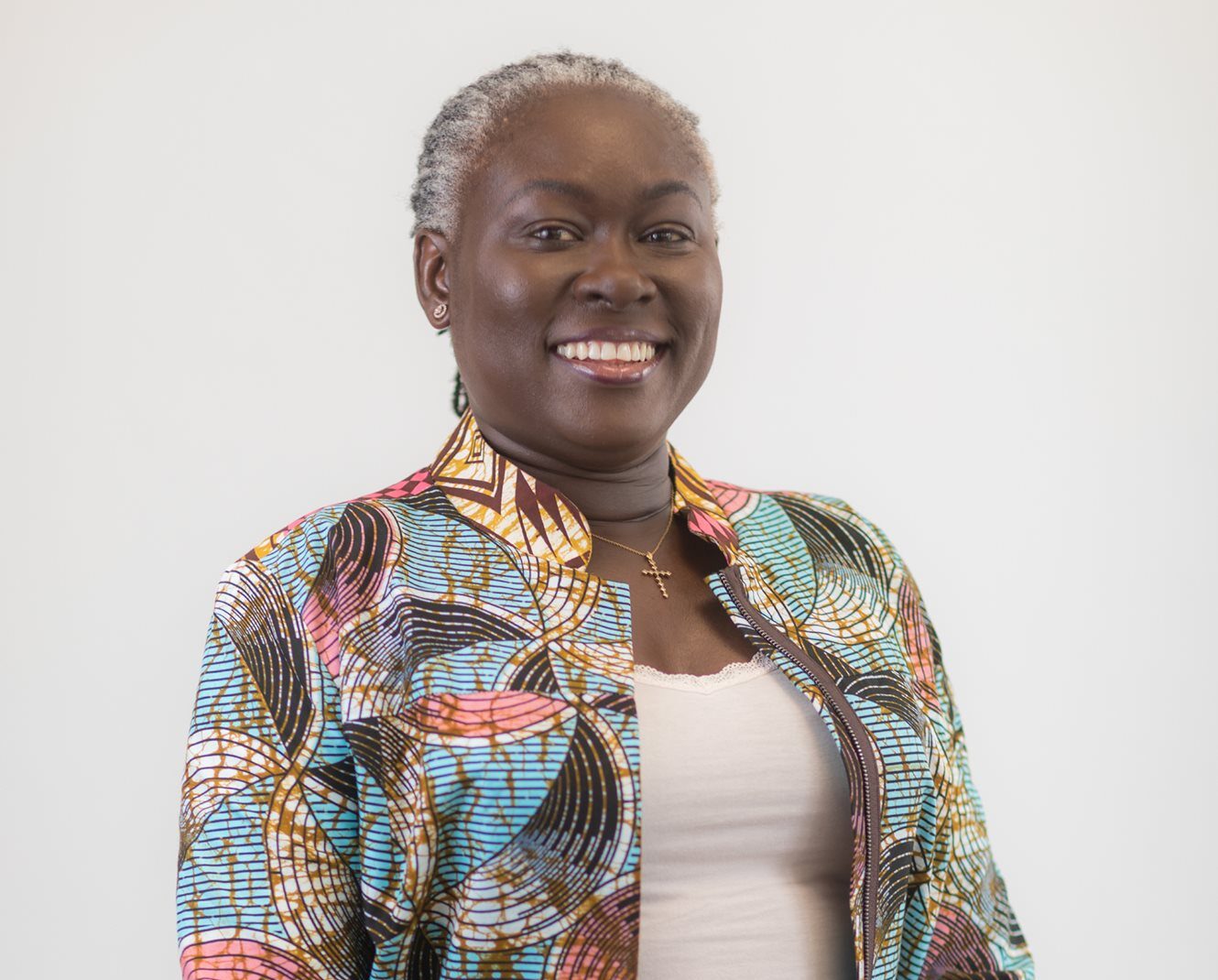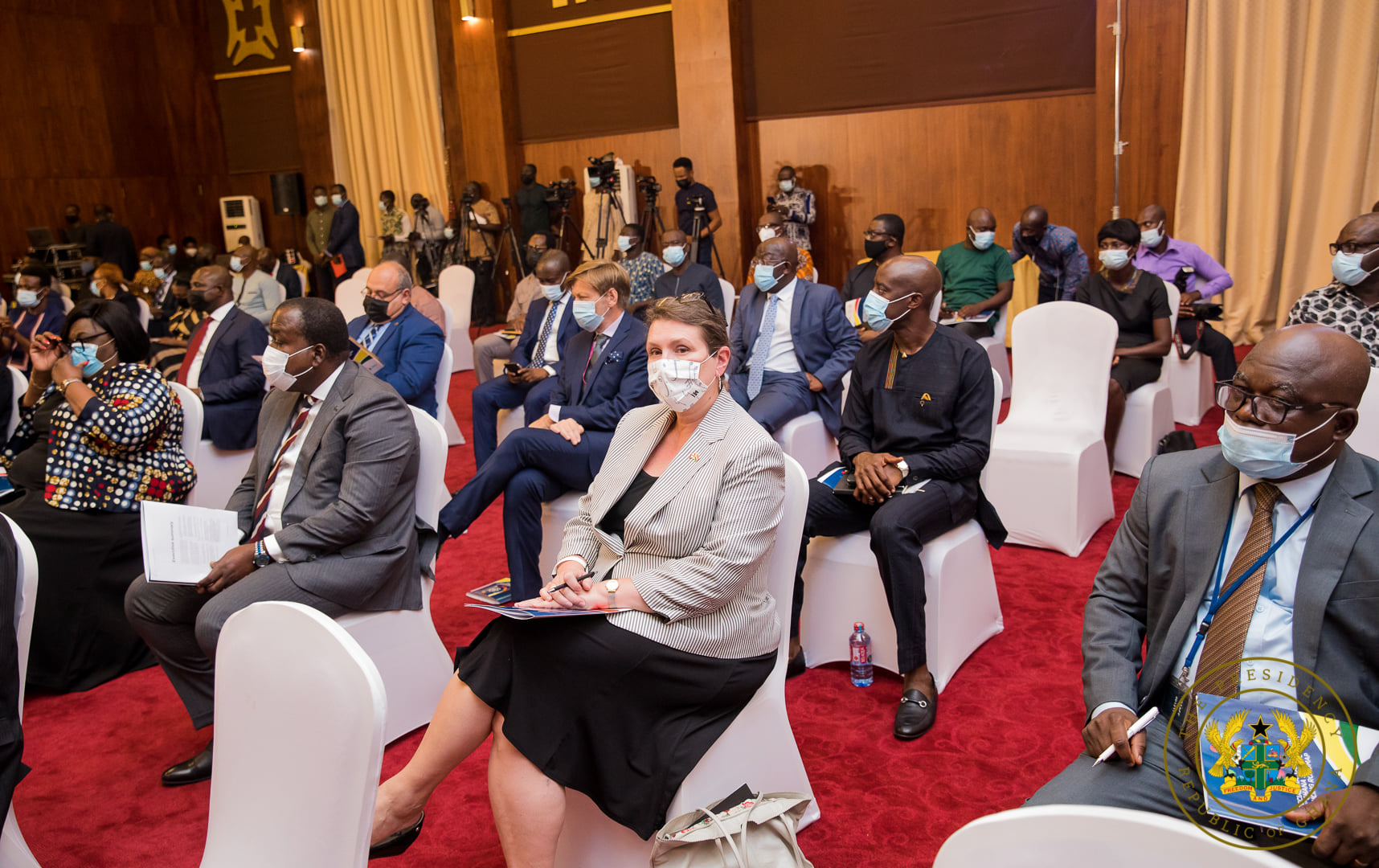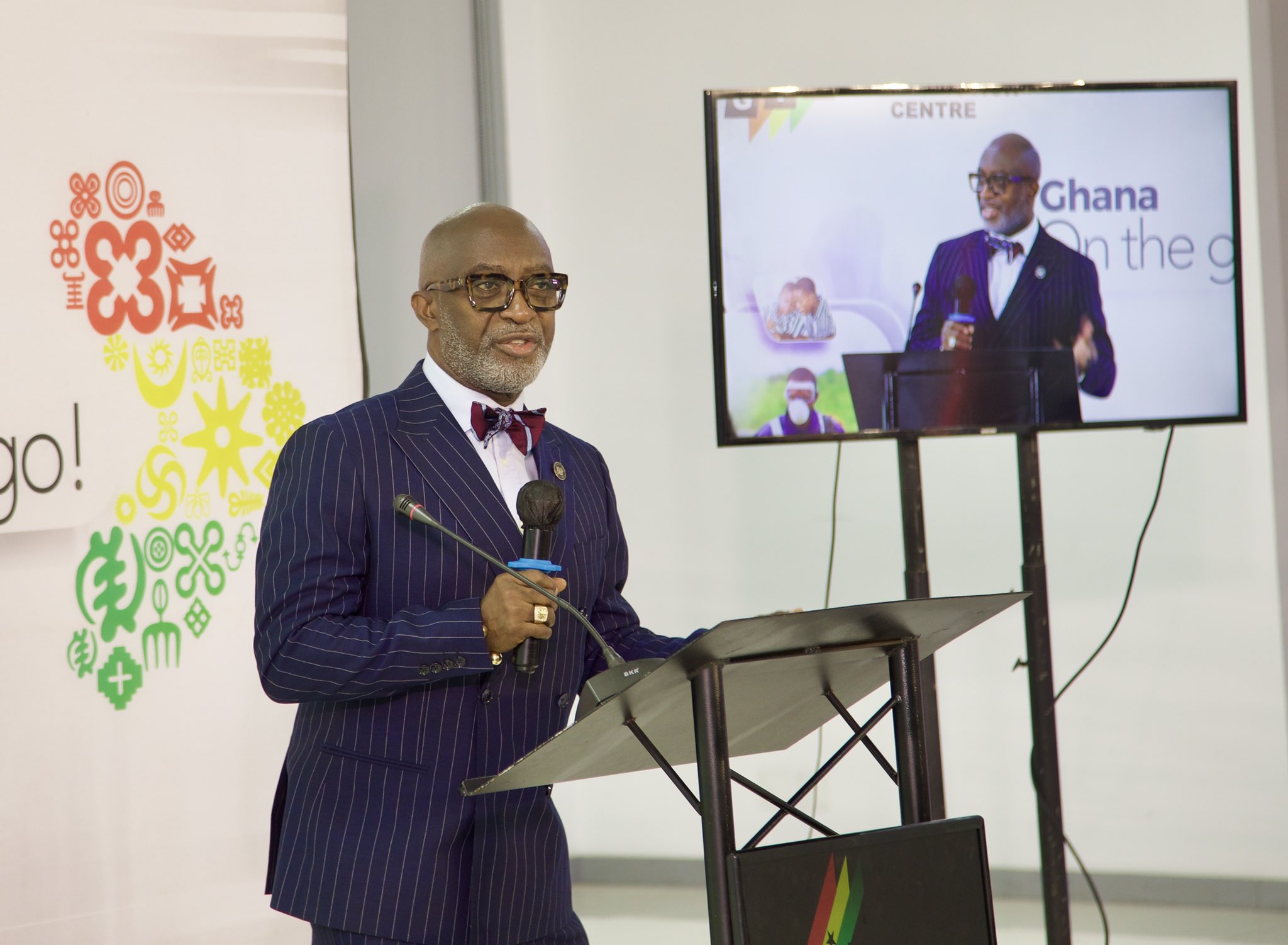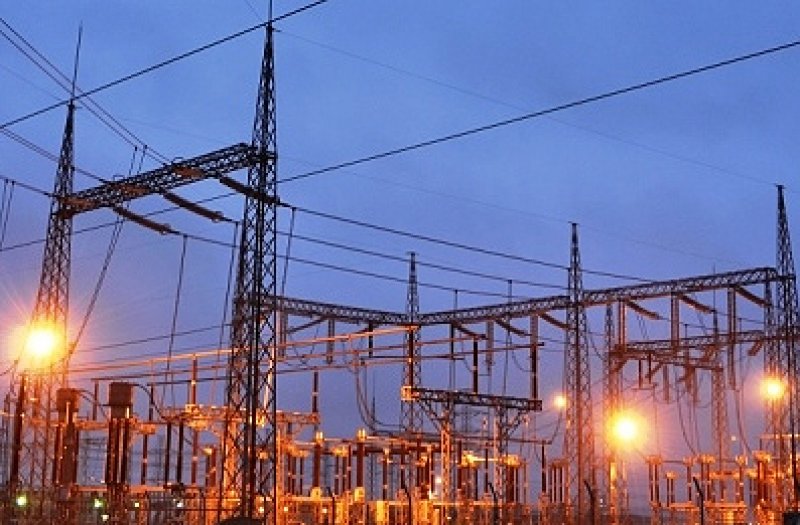Reduce electricity tariffs by half – Business leaders to government
Industry leaders have asked the government to slash electricity costs for businesses by 50% to stimulate growth.
Several business chambers operating in the country believe it would go a long way to boost the economy and increase Foreign Direct Investment (FDI) as the country recovers from the impact of the COVID-19 pandemic.
In an interview with The Ghana Report, the Executive Director of the UK-Ghana Chamber of Commerce, Adjoba Kyiamah explained that the COVID-19 had badly affected the tourism and hospitality sector members.
“Given that the tourism and hospitality sectors are facing significant revenue losses (up to 70%) due to the COVID-19 economic crisis, a reduction of tariffs by 30-50% will be welcomed,” she advocated.

Adding to this, the President of the Ghana-South Africa Business Chamber, Grant Webber said, “Electricity deficit seems to be a big problem, and it is always one of the first questions that any investors would ask.”
According to him, most times, “investors raise concern over the energy deficit in Ghana and the negative impact it has on manufacturing companies.”
Representatives from the China-Ghana and Dutch-Ghana Chambers have equally lamented over the high cost of utility tariffs in the production process, and underscored its effects on business operations.
Therefore, they have implored the government to do all it could to reduce electricity prices and address intermittent power cuts.

According to the chambers, compared to some neighbouring West African countries, the cost of electricity for commercial or industrial users in Ghana remains relatively expensive.
“This negatively impacts the country’s competitiveness given that cheaper power is a critical determinant in attracting both domestic capital and FDI inflows for economic growth and development,” they observed.
They pointed out that the high electricity tariff increases operational costs, reduces output and affects the overall business performance of companies.
This, in effect, leads to job cuts, and in the long term, would hinder the development of small and medium-sized enterprises (SMEs).
The chambers include the American Chamber of Commerce (Ghana), UK-Ghana Chamber of Commerce, Ghana India Trade Advisory Chamber and the Ghana-Netherlands Chamber of Commerce and Culture.
Others are Ghana-France Chamber of Commerce, Canada-Ghana Chamber of Commerce, Ghana-Belgium-Luxembourg Chamber of Commerce and Industry, Ghana-Sweden Chamber of Commerce and the Ghana-South Africa Business Chamber.
Call for ease of investment in the country
In a related development, the business group has asked the government to reduce the $200,000 minimum capital investment required from foreign companies who wish to operate in the country.
They have also called for improvement in efficiency and effectiveness of the registration and renewal of Technology Transfer Agreement (TTA) processes by the Ghana Investment Promotion Centre (GIPC).
Additionally, they want speedy processes in setting up the independent tax appeal board to address investors’ concerns.
This came to the fore when the Ghana Investment Promotion Centre (GIPC) held its seventh Economic Counsellors Dialogue in Accra.
The Executive Secretary of the American Chamber of Commerce (Ghana), Simon Madjie, urged the government to create an enabling environment for SMEs to benefit from the African Continental Free Trade Area (AfCFTA).
“We are hosting the Secretariat, which is good, but the next step is to bring the benefits to the businesses, by matching the foreign SMEs to Ghanaian businesses through partnerships,” he said.

Response from GIPC
In response to appeals for reducing electricity prices, the CEO of GIPC, Yofi Grant, assured the investing community and businesses of the government’s intervention.
He said, “The government’s desire is to bring it from about 12 cents to 6.7 cents per kilowatt-hour. That we believe would be very instrumental, further fuelling our drive to be an industrial nation.”
He admitted that the cost of power in the country is high, but noted that with ongoing works in the power sector and retooling, there would be a reliable distribution network.
Mr Grant indicated that once ongoing power projects were completed, “we are probably going to see power come down a bit and wastage eliminated.”
“Even more so is moving away from the traditional sources of power to now renewable and sustainable power like solar and wind, which I believe would bring down the cost of power,” he emphasised.
Background
In April last year, the Consumer Unity and Trust Society (CUTS) petitioned the Public Utilities Regulatory Commission (PURC, to reduce electricity tariffs in Ghana.
According to the research and public policy think tank, such a move was necessary because of the change in the factors that determine the cost of generation in the power sector.
The Country Director for CUTS Ghana, Appiah Kusi Adomako explained that in the past, PURC had maintained that because of the rising price of crude, utility prices had to go up.
“Now that there have been a substantial fall in input materials, we equally expect that the commission will reduce the tariff downwards to serve for the interest of consumers,” he said.
Backing the call for tariff reduction, the Executive Director of the Institute for Energy Security (IES), Paa Kwesi Anamuah Sakyi urged the government to ensure enough funds to cushion revenue shortfall.
“Given that we are getting money from the private sector as well as the Stabilization Fund, if it is enough, then we can consider reducing the price of electricity as well to ensure that the citizens have some form of relief,” he said.



